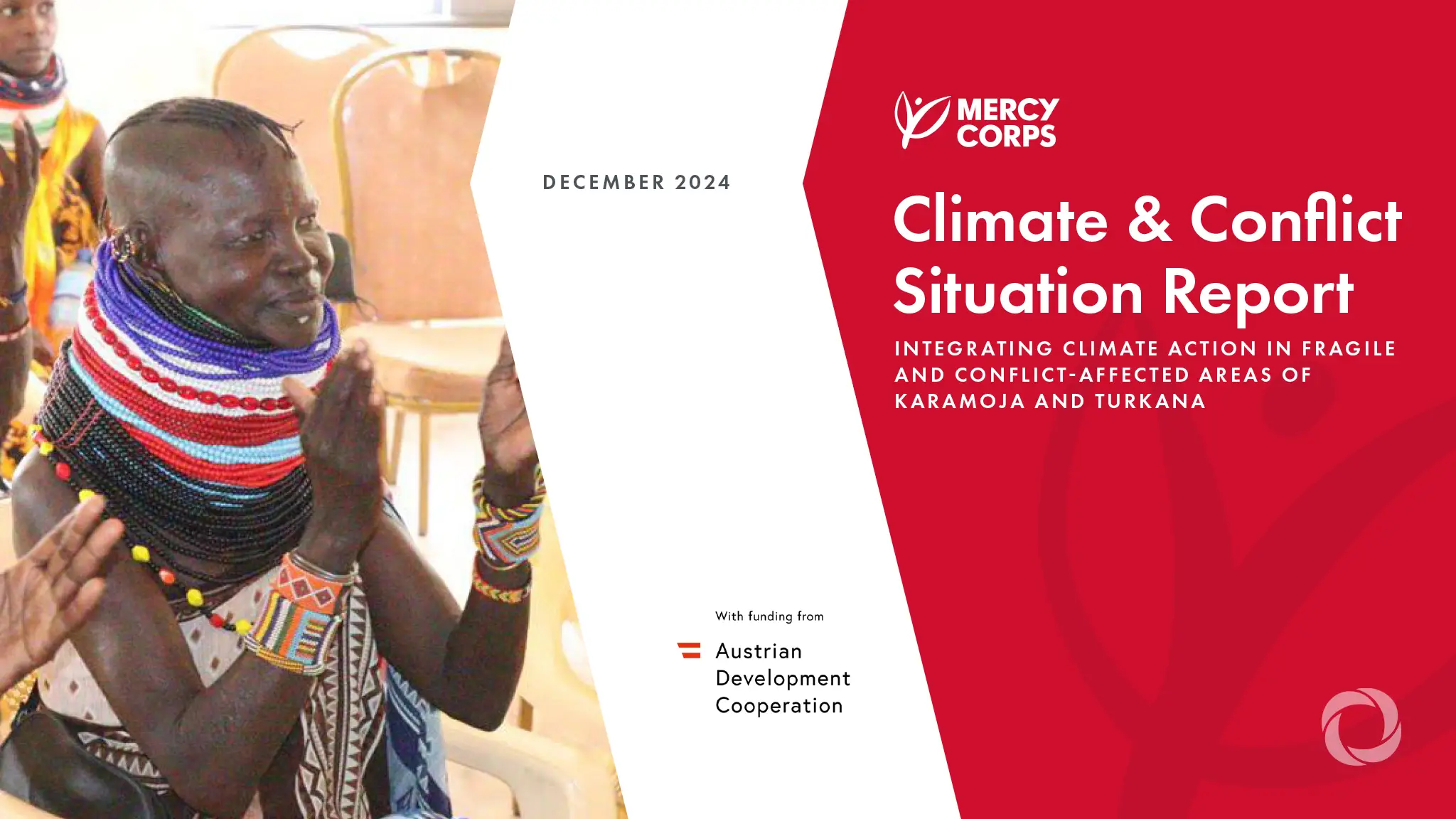Mercy Corps released a new situation report showing how climate change is driving violent conflict in the cross-border region between Uganda’s Karamoja and Kenya’s Turkana, according to a Mercy Corps. The Climate Change and Conflict Learning Brief draws on studies conducted in 2024 to examine how erratic rainfall, prolonged droughts, and shrinking natural resources are making existing tensions worse in these pastoral communities.
Uganda ranks among the world’s most climate-vulnerable countries due to high poverty levels and dependence on weather-sensitive farming and herding. The CCLAP situation report targets policymakers, donors, and aid workers who need to understand how environmental stress fuels violence over scarce water and grazing land. The Austrian Development Agency funds the project, which works with local partners NARWOA, KAPDA, and SAPCONE.
The Karamoja-Turkana region has always dealt with cycles of drought and conflict, but climate change is making things much worse. Pastoral and agro-pastoral communities depend on predictable rainfall patterns to know when and where to move their cattle and plant crops. When those patterns break down, herders have to compete for whatever water and pasture they can find, often leading to deadly clashes between different ethnic groups.
The situation report pulls together findings from multiple studies done in 2024, including a baseline study, vulnerability risk assessment, and natural resource conflict mapping exercise. These show how climate pressures are breaking down traditional governance structures that used to help communities manage resources peacefully. Competition for scarce pasture and water sources is getting more intense as droughts last longer and rains become more unpredictable.
The CCLAP project is trying to build what it calls “a gender-equitable and conflict-sensitive knowledge base” to help communities make better decisions about climate adaptation and natural resource management. The report pays special attention to the role women and girls can play in building peace and resilience, despite facing barriers that limit their participation in decision-making.
The situation report calls for strategies that tackle both environmental sustainability and social cohesion together, rather than treating climate adaptation and peacebuilding as separate issues.

